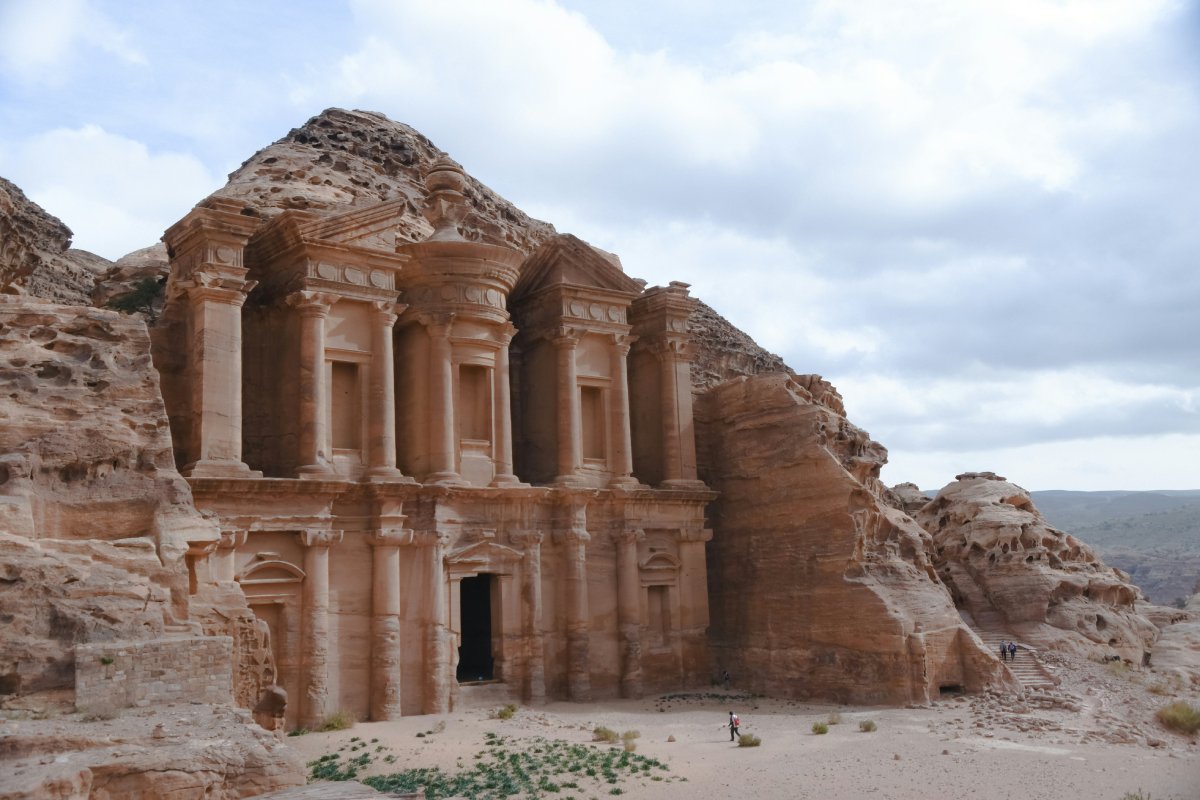Middle East Led World in Tourism Recovery Before Israel-Gaza War: 7 Facts

Skift Take
International tourist arrivals through September were 20% above pre-pandemic levels - no other region had fully recovered.
The Middle East lost its tourism growth momentum once the Israel-Gaza War started in October. Before the conflict, the region was a star performer in the global tourism industry. Here are seven facts about Middle East tourism:
- The Middle East was the fastest-growing tourism region. International tourist arrivals through September were 20% above pre-pandemic levels, according to the UN World Tourism Organization. No other region has yet fully recovered — let alone surpassed their pre-pandemic level.
- Expanded air connectivity helped Middle East tourism growth. Dubai-based Emirates grew its network in East Asia with an interline agreement with Philippines Airlines. Low-cost carriers EasyJet, Ryan Air, Wizz Air, Transavia, and Vueling launched routes into Aman, Jordan.
- Trips to the Middle East were selling out with Western tourists. Tour operators G Adventures, Kensington Tours, and Intrepid Travel told Skift that sales for trips to the region were strong this year.
- Tour operators were investing in Middle East itineraries. “We actually launched the Middle East as a region this year a couple of months before this happened,” said Alex Malcom, founder of Jacada Travel, a private luxury tour operator. Now? “It’s frozen.”
- Israel was an outlier. Its tourism sector was still recovering from the pandemic. The country hosted 2.9 million tourist arrivals between January and October, according to Israel's Bureau of Central Statistics. That was up from last year’s 2.1 million — but down 3.7 million in 2019.
- Tourism to countries uninvolved in the conflict has dropped. Trip cancellations for Egypt and Jordan spiked after the conflict, said Kensington Tours and Intrepid Travel executives.
- Governments acted to stop the cancellations. Egypt’s government has been offering financial incentives per flight landing in the city of Sharm el-Sheikh (which borders Gaza) and working with the tourism industry to stay committed to Egypt, Reuters reported in November.
Up Next
Hotels
How Data Quality Issues Impact Global Hospitality Operations
There are wide discrepancies in data quality for hotel transactions across global regions, with the largest occurring in Asia-Pacific. Because hotels and agencies need to harness data quality to thrive, they must take a more nuanced regional approach to monitoring potential issues.
Sponsored Tourism
The White Lotus Effect Could Be a Disaster for Thailand's Koh Samui - And Travel Media Is Making it Worse
It is disheartening to see the same publications that have previously reported on the perils of overtourism now behaving like golden retrievers chasing a tennis ball, sprinting after the hype with little critical reflection.
Startups
Travel Startups Raise $580 Million Over Two Weeks
The ticket experiences sector has been ripe for modernization, and Klook is among those cashing in.
Airlines
Tariffs and Travel: What Trump’s Trade Moves Could Mean for Airlines
President Trump’s proposed tariffs on aluminum and steel imports could have ripple effects on the aviation industry — and eventually result in passengers footing the bill.
Hotels
Accor CEO: Opening Hotels in Mykonos Too Risky due to Climate Change
When a major hotel group like Accor decides not to build in Mykonos because of climate risks, it's a sign that climate change is reshaping business decisions.




